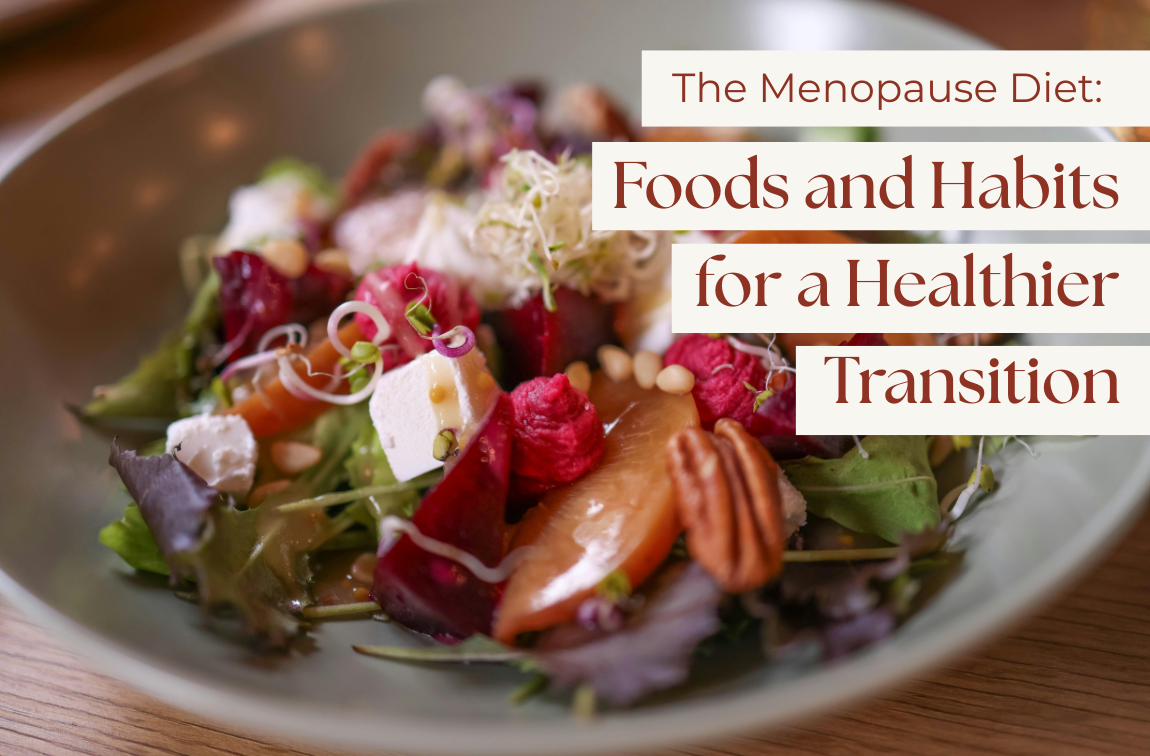Menopause Solutions: Improving Bone Health

Menopause isn’t just hot flashes and vaginal dryness. There are many frustrating side effects associated with menopause, but also some that can be life-altering even past the menopausal years. Menopausal women are at high risk for illnesses such as cardiovascular disease, certain cancers, and osteoporosis. While these symptoms can be distressing and frustrating, it is crucial to recognize that menopause also brings about other challenges that can have long-lasting effects even beyond this stage and there are things we can do now at 40, 50 and 60 to make our marginal decade of 90 and 100+ one where we can still do the activities we enjoy.
Menopause is the key to unlocking longevity and FemGevity is here to help you navigate that.
Let's start with how bone health can be improved during menopause
Bone loss for women is the highest at the time of menopause.
It is so important to get your bone mineral density (BMD) checked by a dual-energy X-ray absorptiometry, or a DEXA scan. Some risk factors for low BMD are:
- Advanced age – as women age, the risk of osteoporosis increases
- Low body weight
- Genetics – if someone else in your family has had bone fractures, you may be at risk
- Smoking
- Having certain conditions like Celiac disease, which can impact your absorption
- History of a fracture in the past
While good nutrition is important, it is critical to be mindful that regular physical activity (especially weight training) plays a key role in bone health for women, especially during menopause. There are also many wonderful drug therapies to help reduce your fracture risk if you have been diagnosed with osteoporosis, including some natural hormone therapies such as estrogen and progesterone compounds.
While maintaining a balanced and nutritious diet is vital, it is equally crucial to recognize the critical role that calcium and vitamin D play in promoting bone health during menopause. Adequate calcium intake is essential for maintaining bone density and strength. Good sources of calcium include dairy products, leafy green vegetables (such as broccoli and kale), fortified plant-based milk, and almonds. Additionally, vitamin D is crucial for calcium absorption. Spending time in the sun, in a safe manner (taking care to protect your face from excessive exposure), can help boost vitamin D levels naturally. When sunlight exposure is limited, dietary sources like fatty fish, fortified dairy or plant-based milk, and egg yolks can provide vitamin D as well.
In addition to proper nutrition, incorporating weight training into your exercise routine is highly beneficial for both preventing bone loss and maintaining muscle mass during menopause. Lifting weights, particularly heavy weights, stimulates bone formation and helps counteract the natural decline in bone density. Engaging in resistance training exercises, such as squats, deadlifts, and bench presses, can be effective in preserving bone health and overall strength. However, it is important to consult with a qualified fitness professional to ensure proper form and technique to avoid injury
Menopause encompasses a range of symptoms and challenges that extend beyond hot flashes and vaginal dryness. Osteoporosis, in particular, poses significant health risks for menopausal women. By raising awareness about the importance of bone health and emphasizing preventive measures, we can empower women to optimize their well-being during this transformative stage of life. Remember, a proactive approach to managing menopause symptoms and preventing osteoporosis can help women lead healthy and fulfilling lives beyond menopause.
If you haven’t had a DXA scan in the last few years, make an appointment with your doctor to get one now. And if you’ve been diagnosed with osteoporosis or osteopenia already, ask your doctor your best possible options available for treatment.





